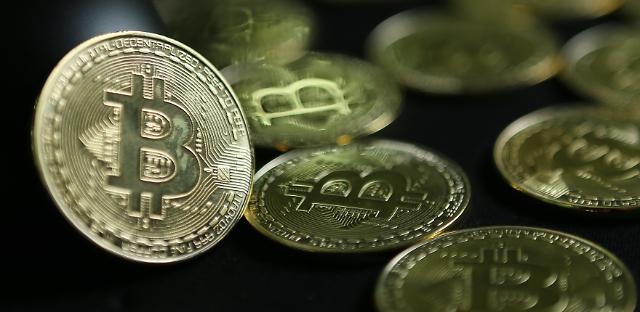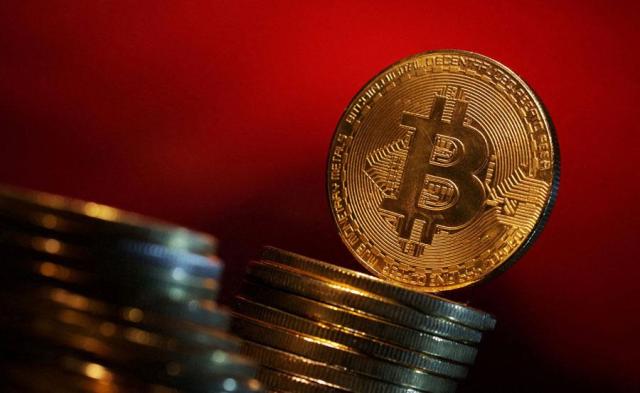
[Photograph by Yoo Dae-gil - dbeorlf123@ajunews.com]
SEOUL -- In order to see financial stability, G-20 countries called for continued cooperation. With virtual currency spearheading into markets, it may be speculated that such a development may reap more benefits than risk, but a careful approach is required.
It was a key topic on Thursday in Seoul when South Korea hosted the "2018 G0 Global Financial Stability Conference". About 220 people graced the conference including officials from the G20 government, international organizations and scholars from home and abroad.
"Although the international coordination system has been strengthened through the global financial crisis in 2008, the digital transformation represented by super intelligence and super connectivity is expected to bring about a lot of changes in international finance – strengthening of local safety network at regional level – enhancement of IMF capacity at a global level," Hwang Gun-il, director of the International Economic Commission, said in an opening speech.
Choi Jeong-pyo, head of the Korea Development Institute, a state think-tank, said the global economy can contribute to stabilizing the financial market by "overcoming the global financial crisis through the macroeconomic and financial policies of the G20 leaders, and by building a global financial safety net."
Choi added that there are downside risk factors such as measures in unstable financial markets in emerging countries and increased debt and that G20 should continue to cooperate with international capital flows and risk management.
Barry Eichengreen, an American economist at the University of California, said, "The influence of global factors is becoming more important than the characteristics and policies of individual countries, and it is more likely to occur simultaneously than at regional level."
The macroeconomic fundamentals of emerging economies have been "solid" and more flexible than before, the economist said. "Considering the size of global fund flows and volatility in capital flows, it is still a challenge for policymakers."
Other opinions of scholars on virtual currency were also shared. Rod Garratt, a professor at UC Santa Barbara, said the benefits of digital money introduction will outweigh the risks.
Fabian Schaur, managing director of the Center for Innovative Finance at the University of Basel, supported and said the usage of cash is likely to diminish due to technical and political reasons. Such reasons, he said, include "money laundering, avoidance of tax, encryption assets, and pin tech."
Based on characteristics such as unrestricted access to financial and performance information, the central bank is likely to introduce an e-money system rather than bear a reputation risk of issuing it directly.
Yasushi Shiina, secretariat at the Financial Stability Board, expressed skepticism. "Although the market size of encryption assets is only less than one percent of the global GDP, its impact on financial stability will be limited." She said that if the currency is integrated into existing systems, problems such as system malfunction and system crashes caused by cyber-attacks such as hacking will increase market volatility.
This story was contributed by Jazin Wee, an editorial assistant.




